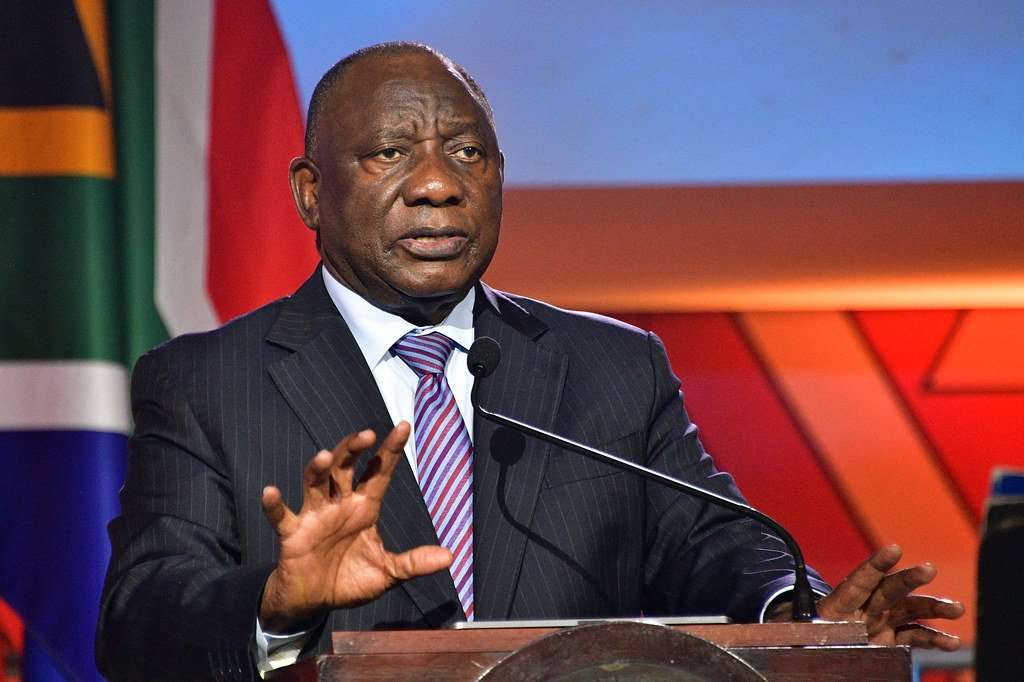President Lazarus Chakwera has directed the country’s military to withdraw from their peacekeeping mission in the DRC conflict, signaling a major shift in the regional approach to the ongoing crisis.
The withdrawal from the Democratic Republic of Congo (DRC), according to the Malawian government, is intended to “pave the way for their planned negotiations towards a lasting peace.”
Malawi’s Information Minister, Moses Kunkuyu, reaffirmed that the decision was “made in good faith” following discussions among southern African leaders. He highlighted that a resolution was passed at last week’s Africa Energy Summit in Tanzania, urging all warring parties in the DRC to agree to a ceasefire and begin negotiations.
“It is pursuant to that agreement that the president of Malawi has seen it fit to contribute to the peace-building effort by withdrawing troops from the region so that there is that peaceful negotiation.”
Moses Kunkuyu
While Kunkuyu did not provide an exact timeline for the withdrawal, he noted that the “operational aspects” were being finalized. The decision has been communicated to both DRC President Félix Tshisekedi and the Southern African Development Community (SADC).
The Southern African Development Community Mission in the DRC (SAMIDRC) was initially deployed in 2023 with a mandate that was extended to December 2024.
The mission comprises 5,000 troops from South Africa, Malawi, and Tanzania, with South Africa contributing the largest contingent of 2,900 personnel. The remaining forces were split between Malawi and Tanzania, though the exact figures remain unclear.
Despite Malawi’s move, South African President Cyril Ramaphosa has insisted that his country’s troops will remain in the DRC as part of the SAMIDRC mission, which operates under “operational timeframes and an end date.”

Ceasefire Declared, But Fighting Continues
The withdrawal announcement follows a unilateral ceasefire declared by the M23 rebel group on Monday for “humanitarian reasons.” However, hostilities resumed soon after, with reports confirming that the rebels have captured Nyabibwe, a mining town in South Kivu province.
The Congolese government has responded by enlisting hundreds of civilian volunteers to help defend the city. The rebels have even gone as far as appointing top officials, including a governor for North Kivu, to administer their captured territories.
The United Nations reports that nearly 3,000 people have lost their lives due to M23’s violent campaign to seize Goma, the capital of North Kivu province. Additionally, there are growing concerns that diseases such as Mpox and cholera could spread beyond the city due to worsening humanitarian conditions.
The continued violence in the region has placed peacekeepers in the line of fire. At least 20 peacekeepers, including 14 South Africans and three Malawians, were killed last week during clashes as M23 forces seized Goma.
President Chakwera acknowledged these losses in his decision to pull out Malawian troops, stating that the move was meant to “honour the declaration of a ceasefire by the parties,” despite ongoing skirmishes.
With tensions escalating, SADC leaders are set to convene in Tanzania this Saturday for a joint summit with East African heads of state to address the crisis in the DRC.
The summit is expected to be attended by key stakeholders, including bitter rivals President Tshisekedi of the DRC and Rwandan President Paul Kagame. Both leaders have been locked in a long-standing dispute over Rwanda’s alleged support for the M23 rebels, a claim Kigali has consistently denied.
The summit’s outcome could determine the next steps for regional peacekeeping efforts and the broader international response to the worsening situation in the eastern DRC.
The withdrawal of Malawian forces raises questions about the future of SAMIDRC’s mission in the region. If more countries follow Malawi’s lead, the ability of the regional bloc to contain armed groups and support DRC forces could be severely weakened.
For now, as Malawi prepares to bring its troops home, the international community watches closely to see whether peace negotiations will gain traction or if the cycle of violence will continue unabated.
READ ALSO: Opanka on Western Romance Standards























